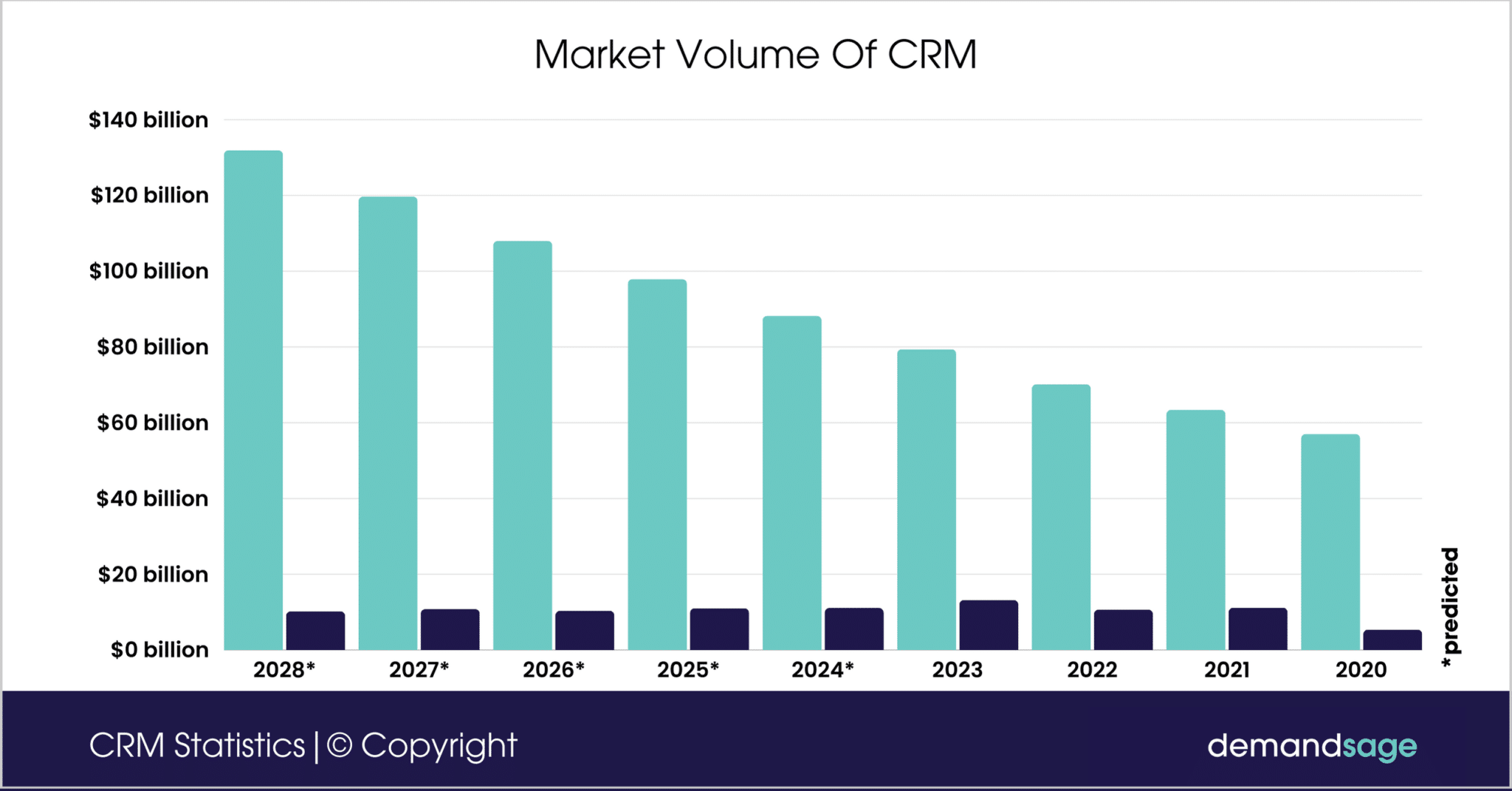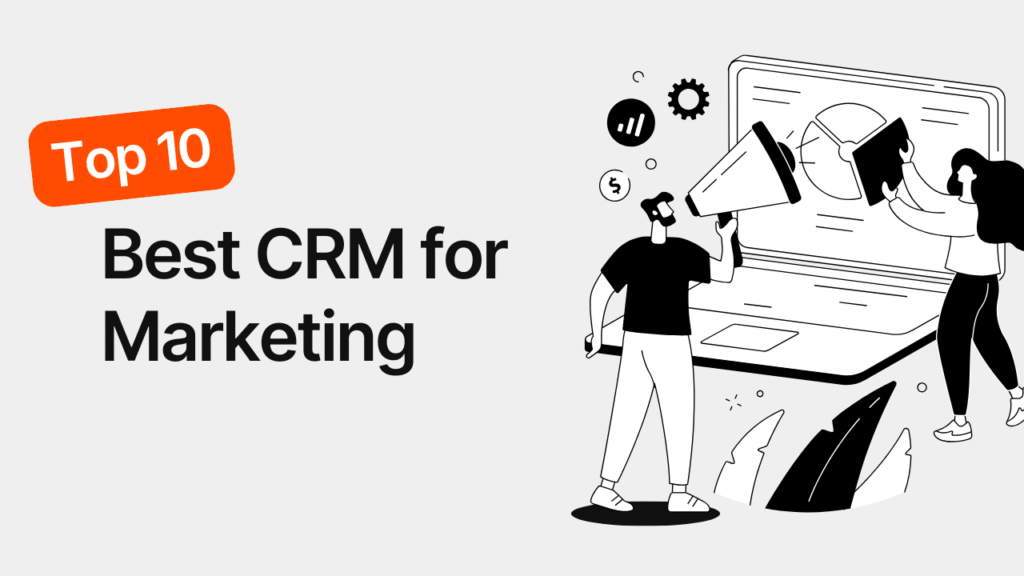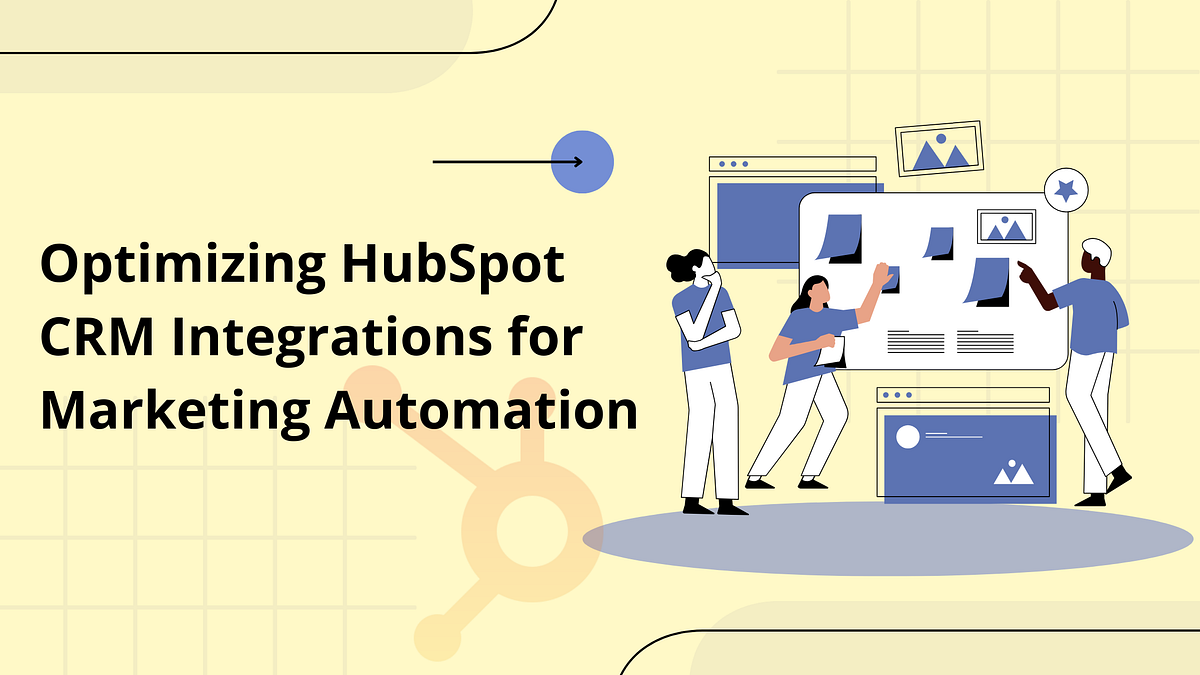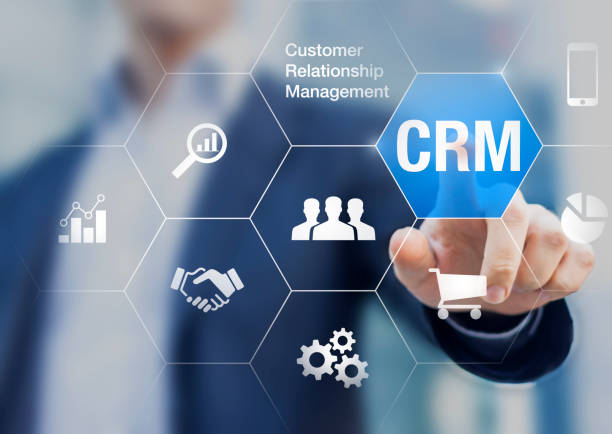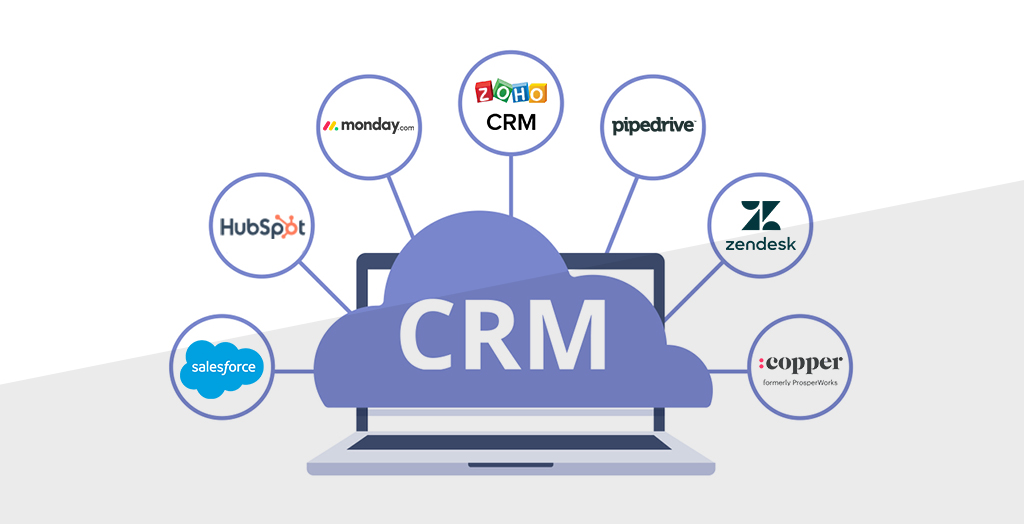Unlock Growth: Mastering CRM, Referral Marketing, and the Synergy of Customer Relationships
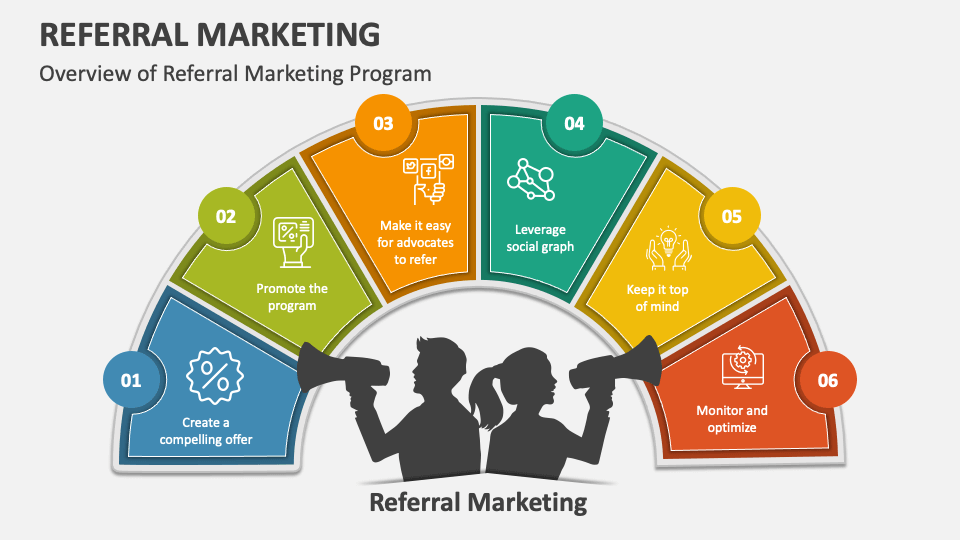
Unlock Growth: Mastering CRM, Referral Marketing, and the Synergy of Customer Relationships
In the dynamic world of business, staying ahead requires a strategic blend of innovation and customer-centricity. This article delves into the powerful trio of CRM (Customer Relationship Management), referral marketing, and the synergistic relationship that fuels sustainable growth. We’ll explore how these elements, when strategically interwoven, can transform your business from good to exceptional. Prepare to discover actionable insights, real-world examples, and a roadmap to elevate your customer engagement and drive unparalleled success.
What is CRM and Why Does it Matter?
At its core, CRM is more than just software; it’s a philosophy. It’s about putting your customers at the heart of your business. Customer Relationship Management encompasses strategies, practices, and technologies that companies use to manage and analyze customer interactions and data throughout the customer lifecycle. The goal? To improve business relationships, retain customers, and drive sales growth.
Think of it like this: Imagine you’re hosting a dinner party. You wouldn’t just invite people and then ignore them. You’d want to know their preferences, what they like to eat, what they’re allergic to, and what they enjoy talking about. CRM does the same for your business. It helps you understand your customers on a deeper level.
Key Benefits of a Robust CRM System:
- Enhanced Customer Understanding: CRM provides a 360-degree view of your customers, including their purchase history, communication preferences, and interactions with your brand.
- Improved Customer Service: With readily available information, your team can provide faster, more personalized support, leading to higher customer satisfaction.
- Streamlined Sales Processes: CRM automates tasks like lead management, opportunity tracking, and sales forecasting, freeing up your sales team to focus on closing deals.
- Increased Sales and Revenue: By understanding customer needs and preferences, you can tailor your marketing efforts and offer relevant products and services, boosting sales.
- Data-Driven Decision Making: CRM provides valuable insights into customer behavior, allowing you to make informed decisions about your marketing, sales, and product development strategies.
- Higher Customer Retention: Happy customers are loyal customers. CRM helps you nurture relationships and keep customers coming back for more.
The Power of Referral Marketing
Referral marketing is a potent, often underutilized, strategy that leverages the power of word-of-mouth. It’s the practice of encouraging your existing customers to recommend your products or services to their network. This approach is incredibly effective because it taps into the trust people have in their friends, family, and colleagues. Think about it – if a friend recommends a restaurant, you’re far more likely to try it than if you saw an ad for it.
Referral marketing can take many forms, from simple “refer a friend” programs to more elaborate incentives. The key is to make it easy and rewarding for your customers to spread the word. It’s about turning your customers into brand advocates.
Why Referral Marketing Works So Well:
- High Trust Factor: Referrals come from trusted sources, making them more likely to convert into paying customers.
- Cost-Effective: Compared to traditional marketing methods, referral marketing can be incredibly cost-effective, especially when you factor in the high conversion rates.
- Increased Customer Lifetime Value: Referred customers often have a higher lifetime value because they’re already pre-sold on your brand and more likely to become loyal customers.
- Faster Acquisition: Referral programs can significantly accelerate customer acquisition, allowing you to scale your business more quickly.
- Improved Brand Awareness: Each referral expands your brand’s reach and increases awareness among new audiences.
Synergy: CRM and Referral Marketing Working Together
The true magic happens when you combine the power of CRM with referral marketing. CRM provides the infrastructure to manage and nurture customer relationships, while referral marketing leverages those relationships to acquire new customers. When these two strategies are integrated, you create a powerful engine for growth.
Here’s how they work together:
Identifying and Segmenting Your Best Advocates
CRM helps you identify your most loyal and engaged customers – those who are most likely to become successful referrers. You can segment your customer base based on factors like purchase history, engagement levels, and customer satisfaction scores. This segmentation allows you to tailor your referral program to specific groups, maximizing its effectiveness.
Automating Referral Program Management
CRM systems can automate many aspects of your referral program, such as sending referral links, tracking referrals, and issuing rewards. This automation saves you time and effort, making it easier to manage and scale your program.
Personalizing the Referral Experience
CRM allows you to personalize the referral experience for both the referrer and the referred customer. You can send personalized referral invitations, offer tailored rewards, and provide a seamless onboarding experience for new customers.
Measuring and Optimizing Results
CRM provides valuable data on the performance of your referral program, including the number of referrals, conversion rates, and the lifetime value of referred customers. This data allows you to track the effectiveness of your program and make adjustments as needed to optimize results.
Implementing a CRM-Powered Referral Marketing Strategy: A Step-by-Step Guide
Ready to harness the power of CRM and referral marketing? Here’s a step-by-step guide to get you started:
1. Choose the Right CRM System
Select a CRM system that meets your specific needs and budget. Consider factors like ease of use, scalability, integration capabilities, and the features it offers. Some popular CRM options include Salesforce, HubSpot CRM, Zoho CRM, and Pipedrive.
2. Define Your Referral Program Goals
What do you hope to achieve with your referral program? Do you want to increase sales, acquire new customers, or improve brand awareness? Clearly defined goals will help you measure the success of your program.
3. Design Your Referral Program
Decide on the structure of your program. Will you offer a reward to the referrer, the referred customer, or both? What type of reward will you offer (e.g., discounts, free products, gift cards)? Make sure your program is easy to understand and attractive to your target audience.
4. Integrate Your CRM with Your Referral Program
Ensure that your CRM system integrates seamlessly with your referral program platform. This integration will allow you to track referrals, automate rewards, and personalize the referral experience.
5. Identify and Segment Your Best Advocates
Use your CRM data to identify your most loyal and engaged customers. Segment these customers based on their behavior and preferences to tailor your referral invitations.
6. Promote Your Referral Program
Make sure your customers are aware of your referral program. Promote it on your website, in your email marketing campaigns, and on social media. Make it easy for customers to share their referral links.
7. Track and Measure Your Results
Monitor the performance of your referral program using your CRM data. Track metrics like the number of referrals, conversion rates, and the lifetime value of referred customers. Use this data to optimize your program and make improvements.
8. Provide Exceptional Customer Service
Excellent customer service is crucial for the success of your referral program. Happy customers are more likely to refer their friends and family. Make sure your team is trained to provide prompt, helpful, and personalized service.
Real-World Examples of Successful CRM and Referral Marketing Integration
Let’s look at some examples of companies that have successfully integrated CRM and referral marketing:
Dropbox
Dropbox famously used a referral program to fuel its growth. They offered existing users extra storage space for each friend they referred. This incentivized users to spread the word, leading to rapid user acquisition. Their CRM likely played a role in tracking referrals and managing rewards, making the process seamless for both the referrer and the referred.
Tesla
Tesla’s referral program offers rewards like free Supercharger miles and even invitations to exclusive events. They leverage their CRM to identify and target brand advocates, offering them personalized referral opportunities. This approach not only drives sales but also fosters a strong sense of community among Tesla owners.
Airbnb
Airbnb’s referral program offers both the referrer and the referred customer travel credits. This incentivizes existing users to bring in new customers, while also providing a welcoming experience for new users. Their CRM likely helps them segment users to target them with relevant referral offers based on their travel history and preferences.
Common Pitfalls to Avoid
While the combination of CRM and referral marketing is potent, there are some common pitfalls to be aware of:
- Lack of Clear Goals: Without clearly defined goals, it’s impossible to measure the success of your program.
- Poorly Designed Program: A confusing or unattractive referral program will fail to generate results.
- Ignoring Customer Data: Failing to leverage your CRM data to personalize the referral experience is a missed opportunity.
- Lack of Promotion: If your customers aren’t aware of your referral program, they can’t participate.
- Poor Customer Service: Negative customer experiences can quickly derail your referral efforts.
Future Trends in CRM and Referral Marketing
The landscape of CRM and referral marketing is constantly evolving. Here are some trends to watch:
- AI-Powered Personalization: Artificial intelligence is being used to analyze customer data and personalize the referral experience even further.
- Mobile-First Strategies: With the increasing use of mobile devices, referral programs are becoming more mobile-friendly, with easy-to-share referral links and mobile-optimized rewards.
- Gamification: Gamification techniques, such as leaderboards and points systems, are being used to make referral programs more engaging and rewarding.
- Focus on Customer Experience: The emphasis is shifting towards providing a seamless and delightful customer experience throughout the entire referral process.
- Integration with Social Media: Referral programs are increasingly integrated with social media platforms, allowing customers to easily share their referral links on their social networks.
Conclusion: The Path to Sustainable Growth
In conclusion, the synergy between CRM and referral marketing offers a powerful pathway to sustainable growth. By leveraging the insights provided by CRM and the power of word-of-mouth, businesses can build stronger customer relationships, acquire new customers more efficiently, and drive long-term success. Embrace these strategies, adapt to the evolving landscape, and watch your business flourish. Remember, it’s about building genuine connections and turning your customers into your biggest advocates. The future of business is customer-centric, and the companies that prioritize these principles will thrive.
So, take the first step today. Evaluate your current CRM system, explore referral program options, and begin building a strategy that puts your customers at the heart of your growth. The rewards are well worth the effort.

